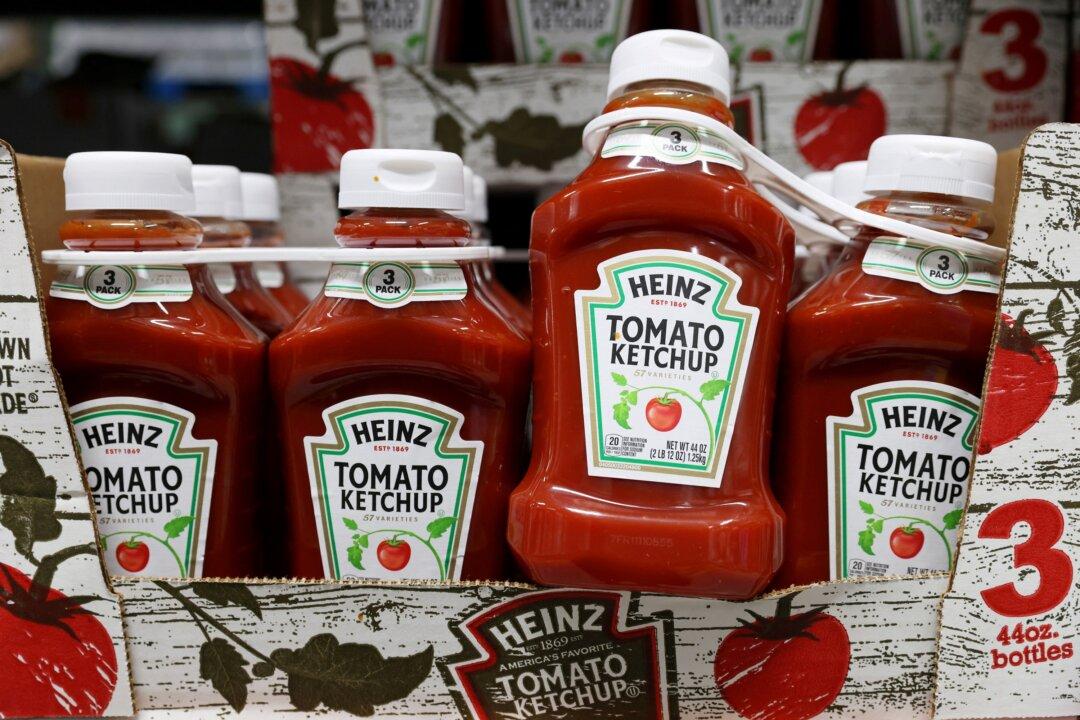Kraft Heinz said on Wednesday it would hit pause on further price hikes for its quick-fix meals and condiments, as consumers turn increasingly sensitive to persistently high inflation.
The packaged food giant also forecast 2023 profit below Wall Street estimates, weighed down by more promotions and higher costs of commodities including dairy, soybean, oils and packaging materials.





